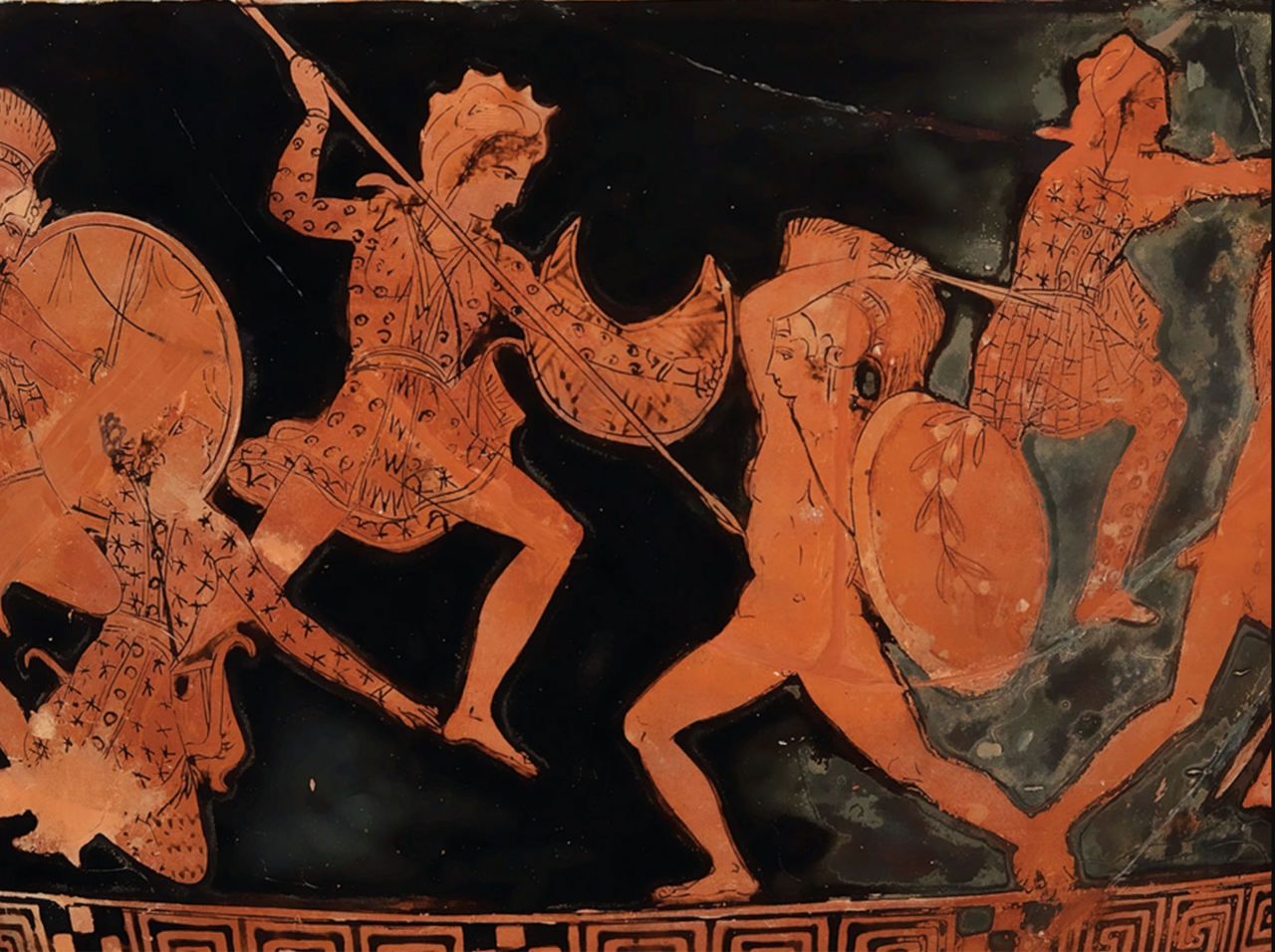Initial Research Proposal

Background
Classical scholars throughout history have repeatedly restructured and reconsidered their discussions on who the Amazons were to the Greeks. The Amazons were female warriors who lived in the outermost regions of the world, considered by the Greeks as another race. Their hunting skills and military accomplishments rival those of popular Greek heroes such as Hercules and Theseus, yet they were regarded as enemies of the Greeks, a challenge against the dominating Greek ideals of masculinity and societal structures. In the rigid Greek patriarchal society, it was the elite men, not the women, who discussed myths and interpretations of the Amazons. Greek women were placed in the home and ostracized from public life in society, and their status in myths was no different. Living in a female-dominated society, the Amazons occupy a space in Greek culture and societal thought as being both female, non-Greek, and dangerous, akin to the danger presented by monsters in myths. In recent times, popularized by mainstream Western literary culture and arts, the Amazons continue to remain a fascinating portrayal of powerful females in a world dominated by Greek elites and heroes.
Goals and Methodologies
I will be focusing on both the literary depictions and artistic renditions of the Amazons during the Amazonomachy—the mythological battle between the Amazons and ancient Greeks—through the lens of the literary theory of “the Other.” With the guidance of my mentor, Professor Marie-Claire Beaulieu, I will seek to understand how and why the Amazons remain a subject of fascination and teachings among the Greeks in their attempts to categorize biologically, ethnically, and culturally different groups in the ancient Greek world. As the Amazonomachy remains a prominent symbol of Greek ideals of civilization and masculinity dominating over those considered barbarians, it will serve as an excellent case study into the comparisons between the Greeks and the Other.
As my project combines historical fact and fictitious tales, there will be an analysis of how ancient Greek historians present the Amazonomachy in their mythological canon and outlook on historical battles. I will first consider historical accounts of areas in the Caucasus, Black Sea, Central Asia, and beyond, where knowledge of nomadic groups with active female participation in their way of life may have influenced the descriptions of the Amazons. Understanding these historical records and why certain misunderstandings of these groups occurred will shape the discussion of the Amazonomachy in myth and its widespread impact on ancient Greek identity. I will also examine artistic representations, such as sculpture and vase-painting inspired by literary sources, to understand how these myths were received and emphasized in public spaces.
The comparison of the Amazons to Greek heteronormative men as the other will eventually culminate in its connection to modernity in the world of art. Through careful discussion and analysis of first-hand accounts, there will be a consideration of how myth transforms its subject, based on the past and shared in the present, with the conversations surrounding the Amazons today. Findings would culminate in the analysis of the power of myth to mirror and shape identity—placing the individual against the other whose culture and identity differs—and offer a reframing of Othering in the Western literary canon.

Please sign in
If you are a registered user on Laidlaw Scholars Network, please sign in